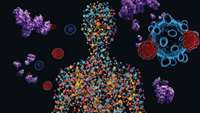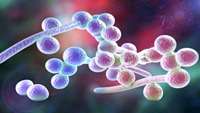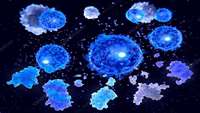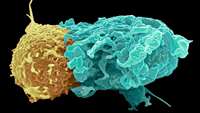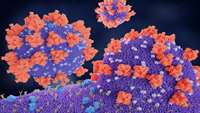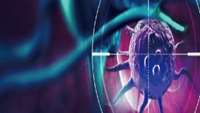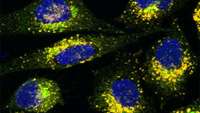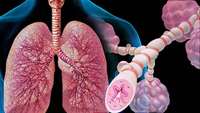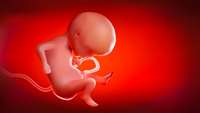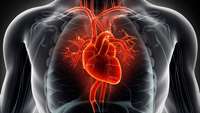Transition to exhaustion: Clues for cancer immunotherapy
Research on immune cells "exhausted" by chronic viral infection provides clues on how to refine cancer immunotherapy. The results are scheduled for publication in Immunity.
Innovative, simple treatment to combat the Candida Albicans fungus
A study led by the UPV/EHU has developed an innovative, simple treatment based on uterine stem cells to combat the Candida albicans fungus, responsible for vaginal candidiasis.
Targeting stem cells that drive aggressive blood cancer
Peter Mac scientists have found a way to target acute myeloid leukemia (AML) at its source—a discovery that could yield a more effective treatment for this aggressive and often incurable blood cancer.
CAR T-cell therapy effective for relapsed mantle cell lymphoma patients
A one-year follow-up study led by The University of Texas MD Anderson Cancer Center revealed a majority of patients with mantle cell lymphoma resistant to prior therapies may benefit from treatment with CD19-targeting chimeric antigen receptor (CAR) T-cell therapy.
Decoy ACE2 receptors could be promising COVID-19 infection-preventing drug
Collaborative research has revealed a drug candidate that could inhibit the SARS-CoV-2 virus causing the COVID-19 pandemic infecting cells through Spike (S) proteins binding to the human angiotensin converting enzyme (ACE2).
Discovery: New biomarker for cancer stem cells
In the world of cancer biology, not all biomarkers are created equal. These molecules that alert doctors that an abnormal process may be underway can appear as an array of aberrant proteins, such as hormones, enzymes or signaling molecules, and vary from patient to patient.
Plant-based compound may enable faster, more effective gene therapy
Gene therapy has broadened the treatment possibilities for those with immune system deficiencies and blood-based conditions, such as sickle cell anemia and leukemia
Multiple Doses of Stem Cells Show Potential in Treating Severe Asthma
A study released today in STEM CELLS Translational Medicine (SCTM) describes how multiple doses of a type of stem cell called mesenchymal stromal cells (MSCs) might offer a new way to treat people suffering from severe asthma.
Signaling waves determine embryonic fates
Research by Rice University bioscientist Aryeh Warmflash and graduate student Sapna Chhabra shows homogenous colonies of human embryonic stem cells use dynamic molecular signaling waves that pass from cell to cell and trigger them to differentiate.
World first: Homing instinct applied to stem cells show cells home to cardiac tissue
In a world first, scientists have found a new way to direct stem cells to heart tissue. The findings, led by researchers at the University of Bristol and published in Chemical Science, could radically improve the treatment for cardiovascular disease, which causes more than a quarter of all deaths in the UK (.


